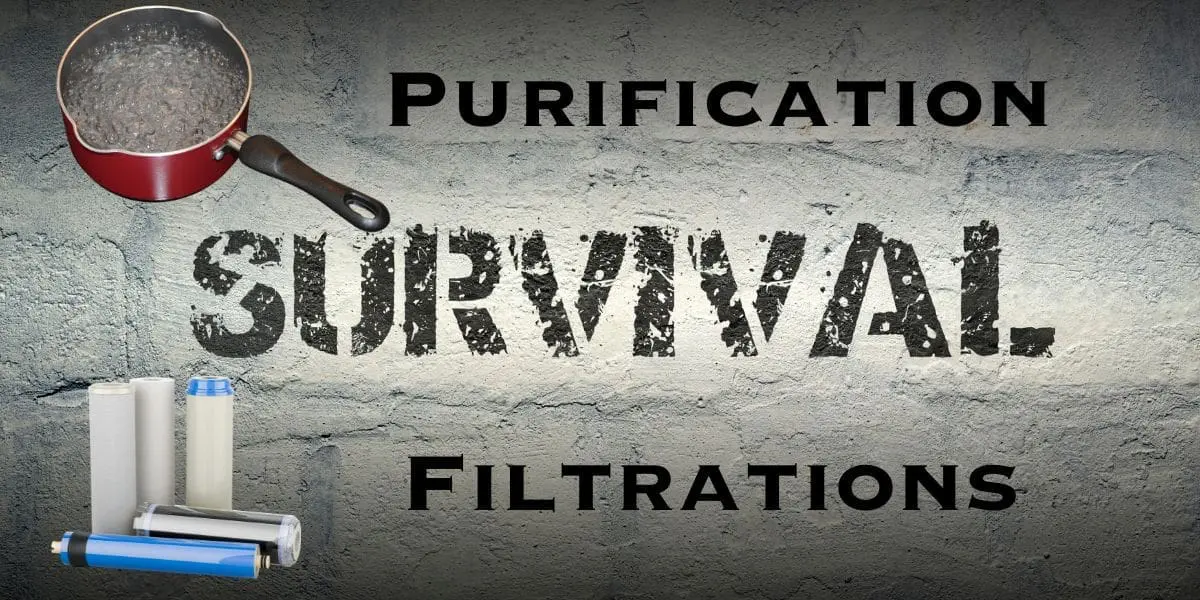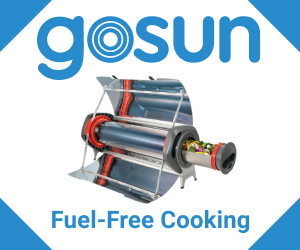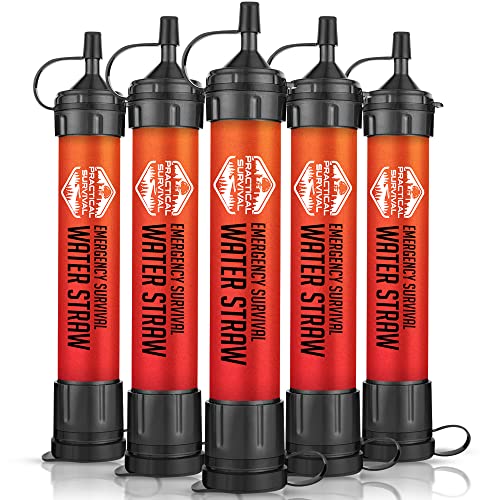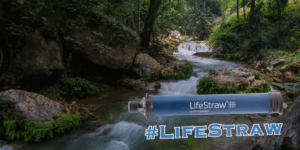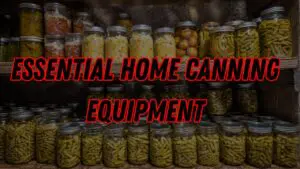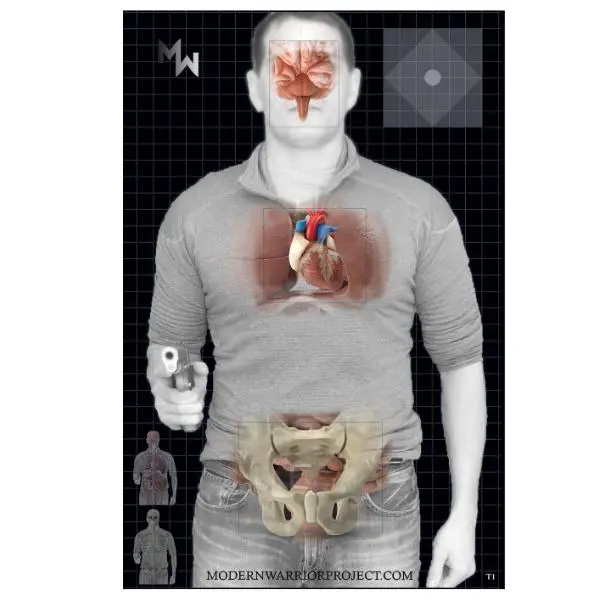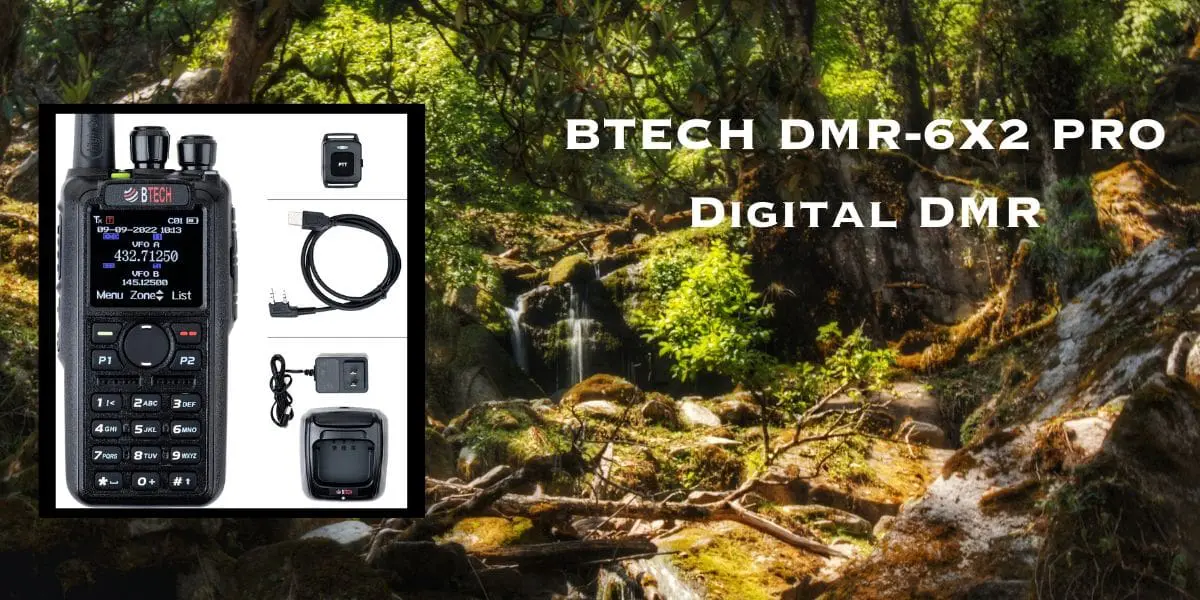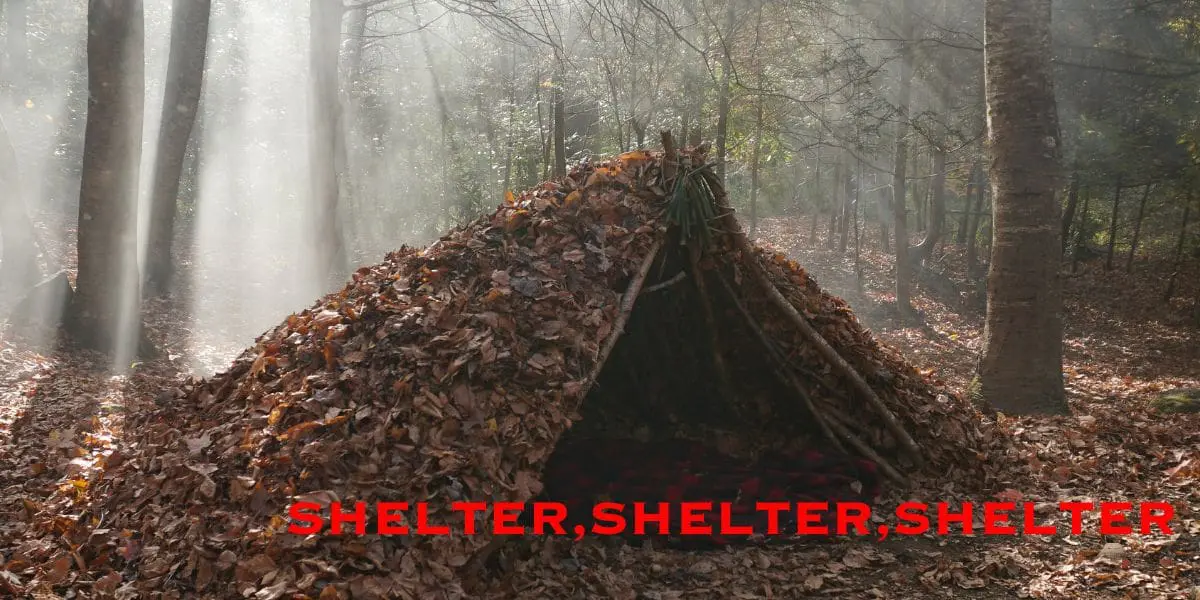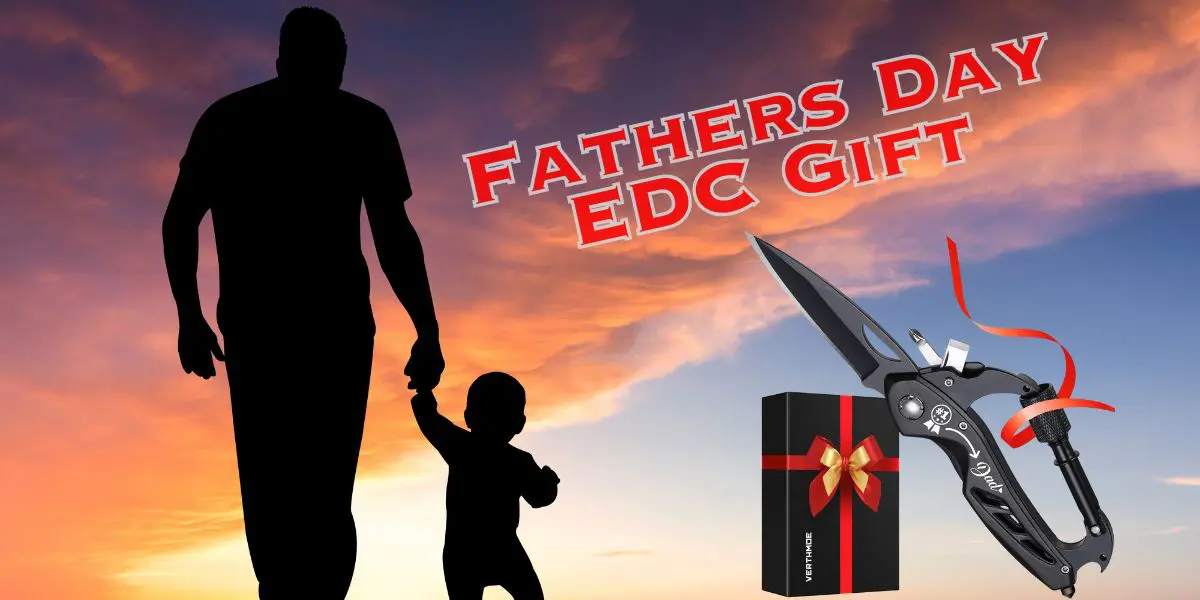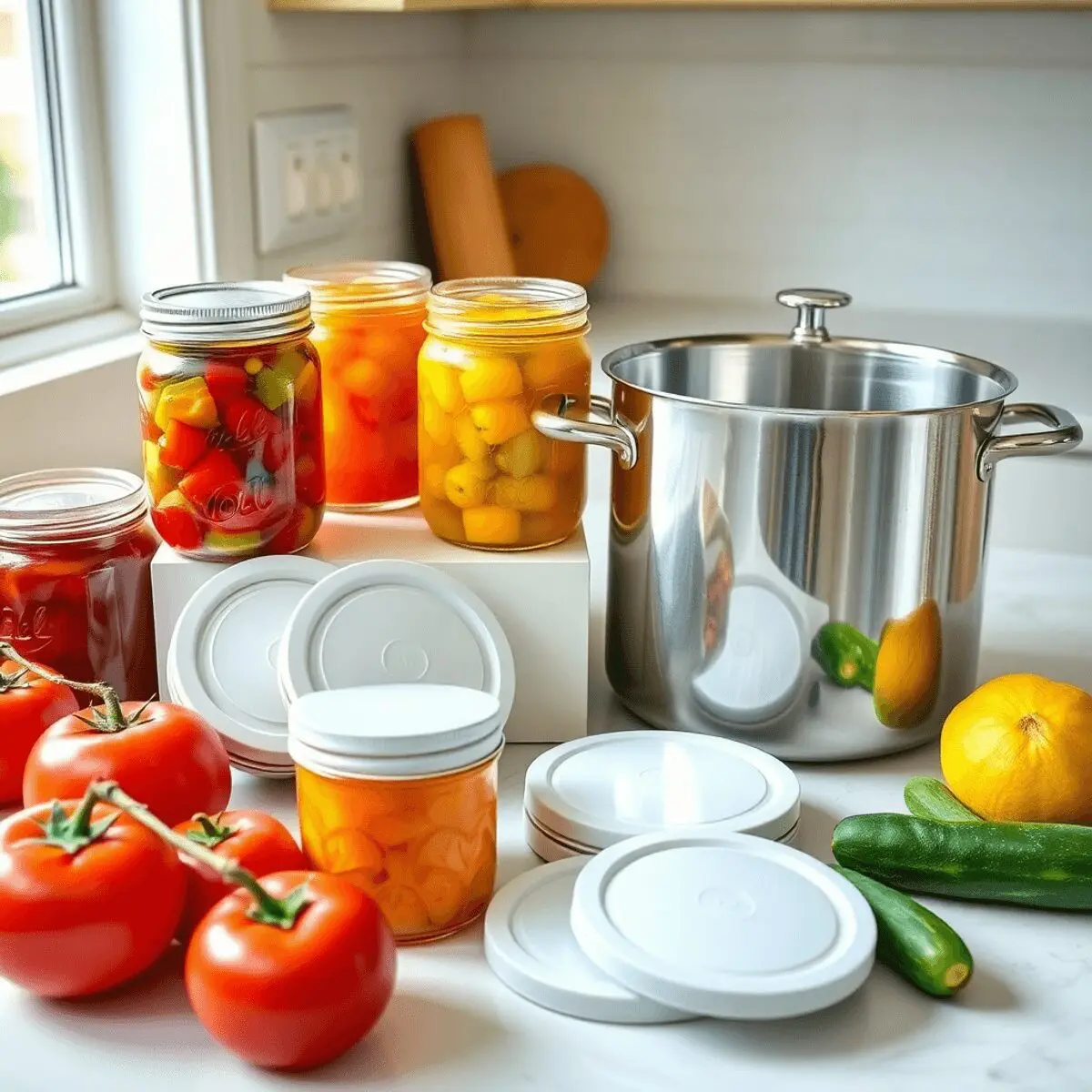Introduction to Water Purification and Water Filtration
In the wilderness, access to clean and safe drinking water is crucial for survival. Two common methods for obtaining safe water are water purification and water filtration. While both methods aim to remove harmful contaminants, they differ in their approaches. Water purification typically involves boiling or using chemicals to kill or neutralize bacteria and other pathogens, while water filtration involves using physical barriers to remove impurities. In this article, we will explore the pros and cons of each method and help you understand which one may be more suitable for your wilderness survival needs. Make sure and read all the way to the end to see my recommendation on which method edges out as the winner.
Table: Water Filtration vs. Water Purification
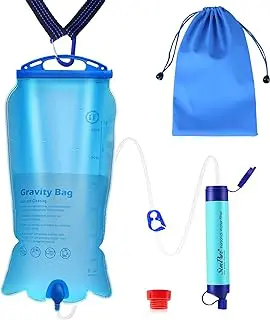
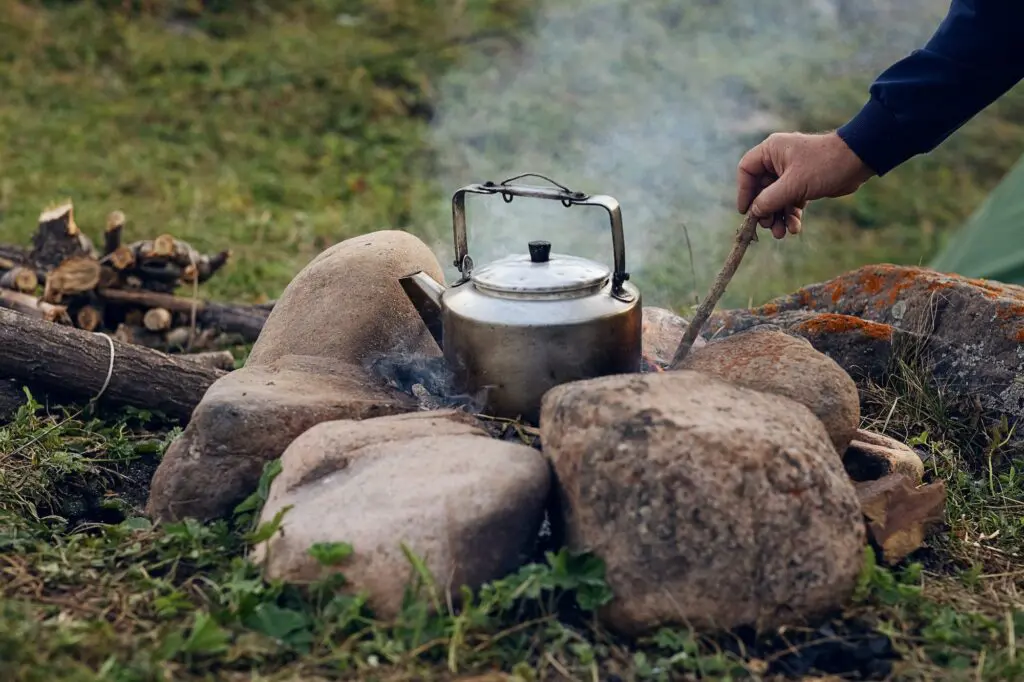
| Water Filtration | Water Purification |
|---|---|
| Uses physical barriers to remove impurities | Kills or neutralizes bacteria and pathogens |
| Removes sediment, debris, and larger particles | Can be effective against viruses |
| Can remove some chemicals and toxins | May not remove certain chemicals or heavy metals |
| Portable water filters are available for individual use | Requires access to fire or chemical water treatment products |
| Requires regular maintenance and filter replacements | Generally more time-consuming process |
| Can have a slower flow rate | Boiling water takes time to heat and cool |
| Does not require fuel or chemicals | Chemical purification methods may have a taste or odor |
| Does not remove all microorganisms | Chemical purification products may have an expiration date |
| Cost-effective for long-term use | |
| Filter effectiveness varies depending on the micron rating |
Now let’s dive into the details of each method and explore their specific pros and cons.
Shop Amazon Water Filters for some of the best deals.
Explanation of the importance of water purification and filtration in the wilderness
Water Purification Methods
There are several effective water purification methods available for wilderness survival. Boiling water is a simple and reliable method that kills bacteria and pathogens. Chemical water purification options, such as using iodine or chlorine tablets, can also effectively disinfect water. However, it’s important to note that these chemical methods may not remove certain chemicals or heavy metals. As such this should be considered if you are using in an area that may have industrial or similar contamination.
Boiling as a water purification method
Boiling water is a simple and effective method for purifying water in the wilderness. When water reaches a rolling boil, it kills bacteria and pathogens, making it safe to drink. Boiling water can be done over a fire or a camping stove, making it easily accessible. However, it does require access to a heat source and may take time to heat and cool.
with PA Plus, Portable and Effective Solution for Camping, Hiking, Emergencies, Natural Disasters and International Travel, Two 50ct Bottles
Chemical water purification options
Chemical water purification offers a convenient and portable method for treating water in the wilderness. Options such as chlorine tablets and iodine solutions can effectively kill bacteria and viruses, making the water safe to drink. However, these methods may have a taste or odor, and chemicals may not remove certain chemicals or heavy metals. It is important to follow the instructions and dosage recommendations carefully for optimal results. Also you should pre-test to ensure you don’t have an allergic reaction with Iodine. If you have a shellfish allergy you should stay away from iodine.
Water Filtration Methods
There are two main water filtration methods that can be used for wilderness survival: using a water filter and using portable water filtration systems.
LifeStraw Personal Water Filter for Hiking, Camping, Travel, and Emergency Preparedness
Using a water filter
Using a water filter is a popular method for wilderness survival. There area variety of these and it is virtually the same as the Portable water Filtrations system. It involves passing water through a physical barrier that removes impurities such as sediment, debris, and larger particles. We list Water Filters and Portable Water Filtration Systems separately here because you can actually improvise a filter in the wild, and water filters in general come in all kinds of varieties…many of which are not appropriate for wilderness survival use (think home size,etc..). Water filters can remove some chemicals and toxins and are available in portable options for individual use. However, they do not kill or neutralize bacteria and pathogens like water purification methods do. Regular maintenance and filter replacements are necessary for optimal performance.
Personal Filter for Camping, Hiking, Travel, Biking, Survival, preparedness, Lightweight, Reusable and with no Expiration Date. (5)
Portable water filtration systems
Portable water filtration systems are convenient and effective options for ensuring clean water in the wilderness. These systems use physical barriers to remove impurities like sediment and debris, providing filtered water for drinking and cooking. Although they do not kill or neutralize bacteria (though some impregnated filters do neautralize) and viruses like water purification methods, they are lightweight, compact, and easy to use. Regular maintenance and filter replacements are necessary for optimal performance.
Pros and Cons of Water Purification
Water purification methods have their own pros and cons in wilderness survival. Boiling water is a simple and effective method as it kills bacteria and viruses, but it requires time and a heat source. Chemical purification options, such as tablets or drops, are lightweight and easy to use but may have a taste.
Pros and cons of boiling water
Pros:
- Kills bacteria and viruses, making the water safe to drink.
- Can be done with just a heat source, like a campfire or stove.
- Requires no additional equipment or chemicals.
Cons:
- Time-consuming process, as it takes time for the water to heat up and cool down.
- Requires access to a heat source, which may not always be available in the wilderness.
- Does not remove certain chemicals or heavy metals that may be present in the water.
with PA Plus, Portable and Effective Solution for Camping, Hiking, Emergencies, Natural Disasters and International Travel, Two 50ct Bottles
Pros and cons of chemical water purification
Chemical water purification has several pros and cons.
Pros:
- Effectively kills a broad range of bacteria, viruses, and parasites.
- Lightweight and portable, making it convenient for wilderness survival.
- Can be used when access to fire or electricity is limited.
- Some chemical purification methods have a long shelf life.
Cons:
- Chemical taste or odor may be present in the purified water.
- Chemical purification methods may not be effective against certain chemicals or heavy metals.
- It may take some time for the chemicals to fully purify the water.
- Chemical purification products may have an expiration date.
Pros and Cons of Water Filtration
Water Filtration has its own pros and cons. Some advantages of water filtration include:
Pros
- Removes sediment, debris, and some chemicals from water
- Portable and easy to use
- Requires minimal maintenance
- Cost-effective for long-term use
On the other hand, there are also some drawbacks to water filtration:
Cons
- May not remove all microorganisms
- Can have a slower flow rate
- Filter effectiveness varies depending on the micron rating
- Does not remove certain chemicals or heavy metals.
Conclusion on Water Purification Vs Filtration
In conclusion, both water purification and water filtration methods have their advantages and limitations for wilderness survival. Boiling water is effective at killing pathogens but can be time-consuming. Chemical purification is convenient but may not eliminate all contaminants. Water filters offer portability and ease of use but may not remove all microorganisms. Determining the most suitable method depends on the specific needs and circumstances of the wilderness environment.
Choosing the most suitable method for wilderness survival
When it comes to choosing the most suitable method for wilderness survival, it is important to consider the specific needs and circumstances of the environment. Both water purification and water filtration methods have their advantages and limitations. In general it’s ideal to have both methods available to you, and for the most part either method will serve you well in 99.9% of the situations you may find yourself in. Ultimately if you’re looking for the most protection a filter system would be the choice to go with. This is because it (if rated properly) can remove chemical and metal contaminents that purification won’t. There are a variety of ways to work around these limitations though. For instance you could build a triple filter in the wild and boil your water after hitting both areas. You could also always make a distllation system to cover both areas as well. Though these two suggestions both add time and energy into collecting your water. As I mentioned earlier typically a good simple water filter is going to be all you need. The most important thing is that you understand the process and can now address it in the wild appropriately for your scenario.
Shop Amazon Water Filters for some of the best deals.

